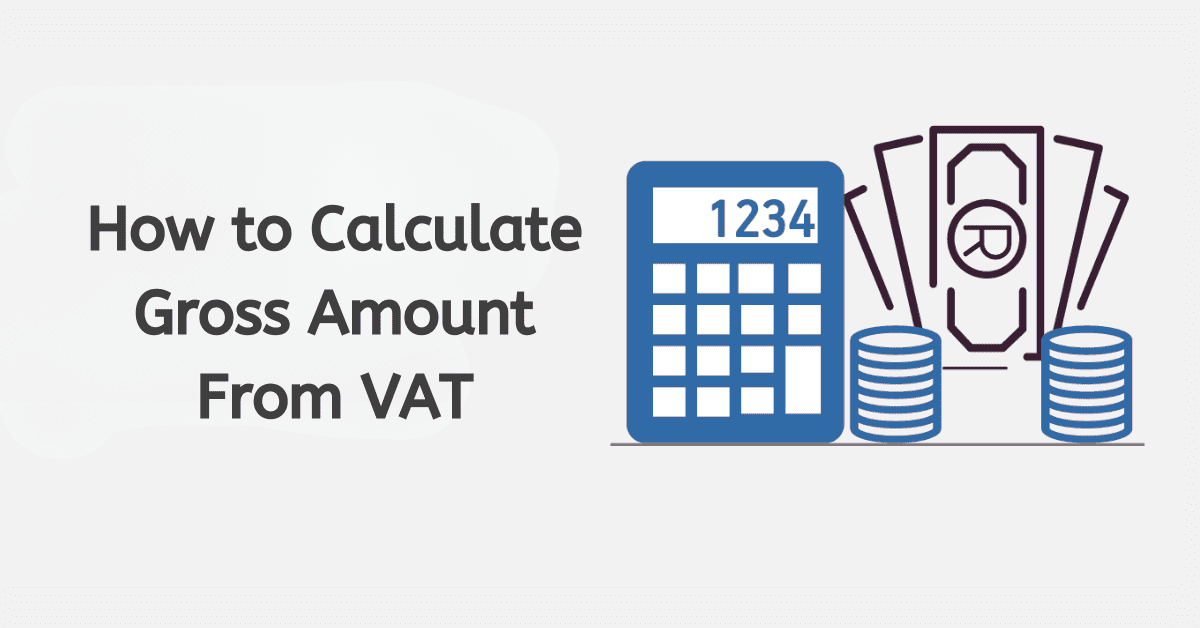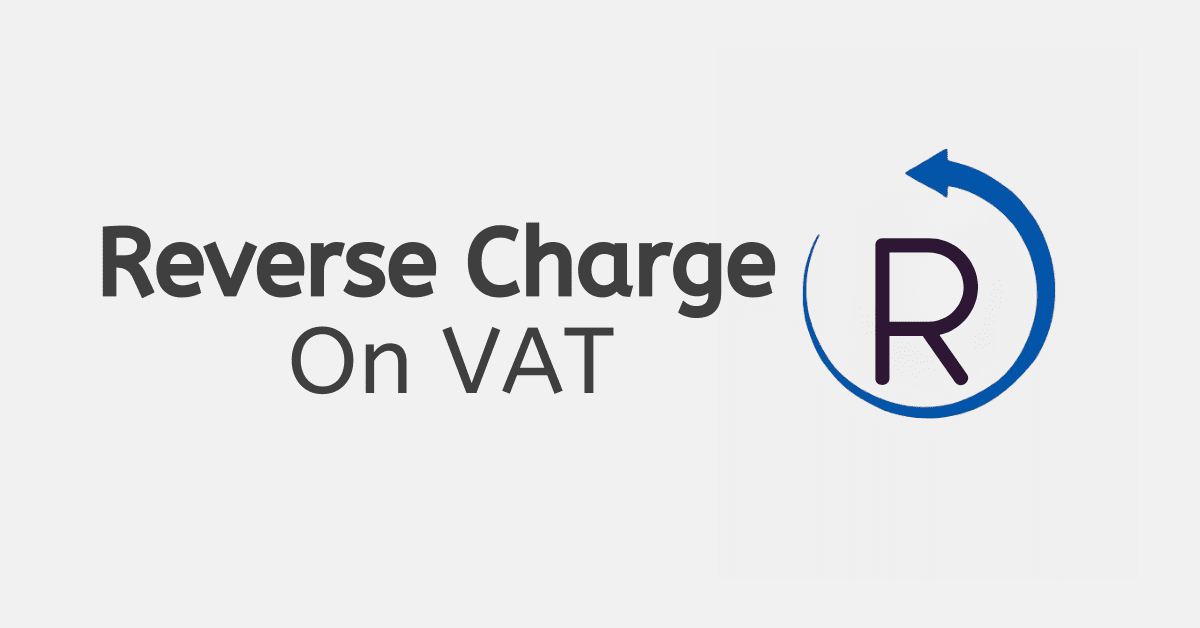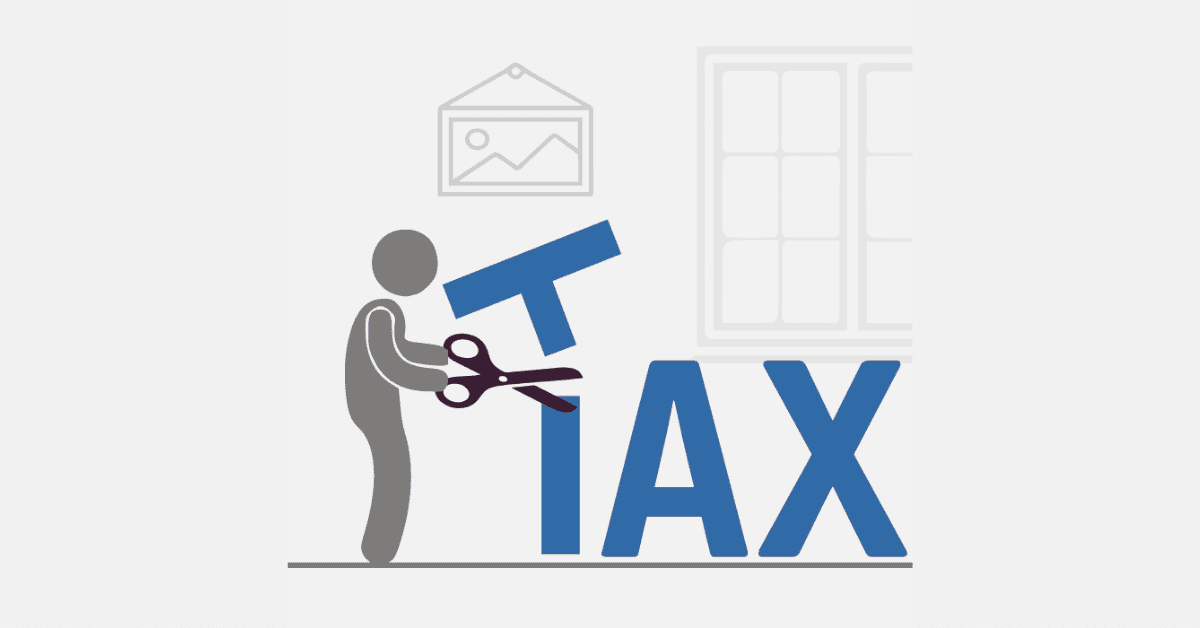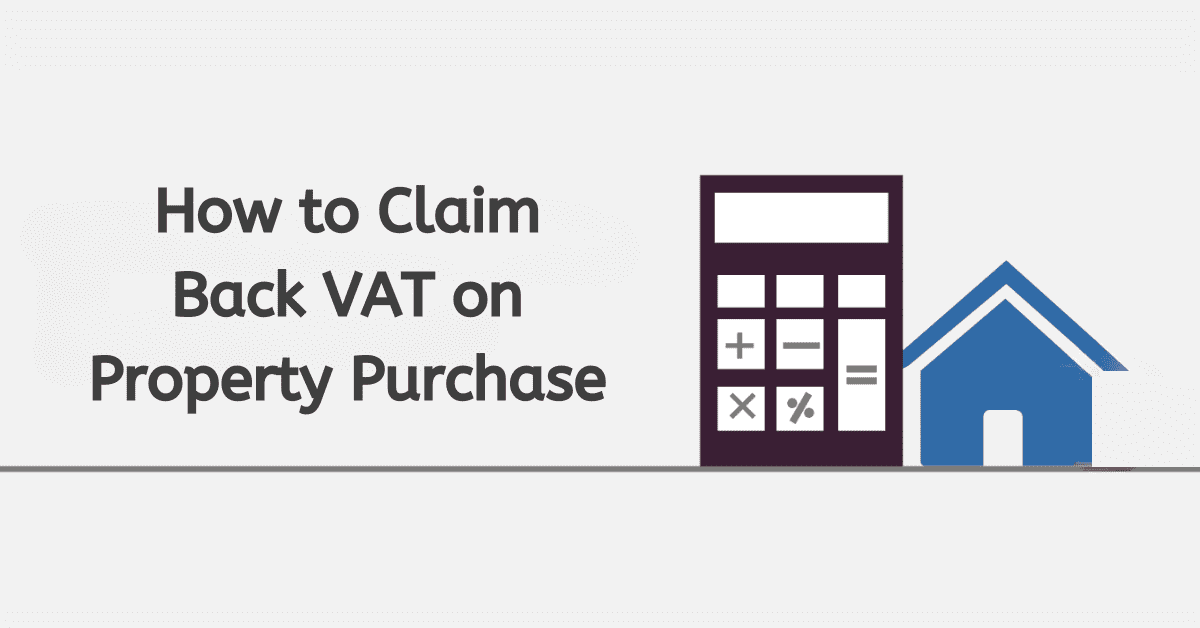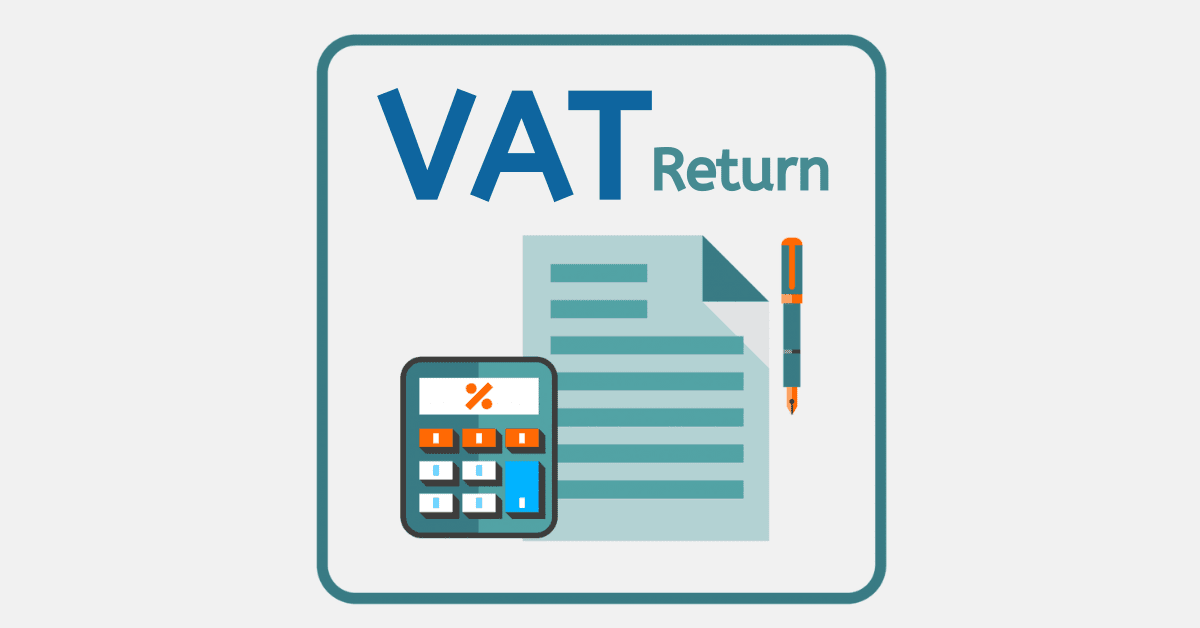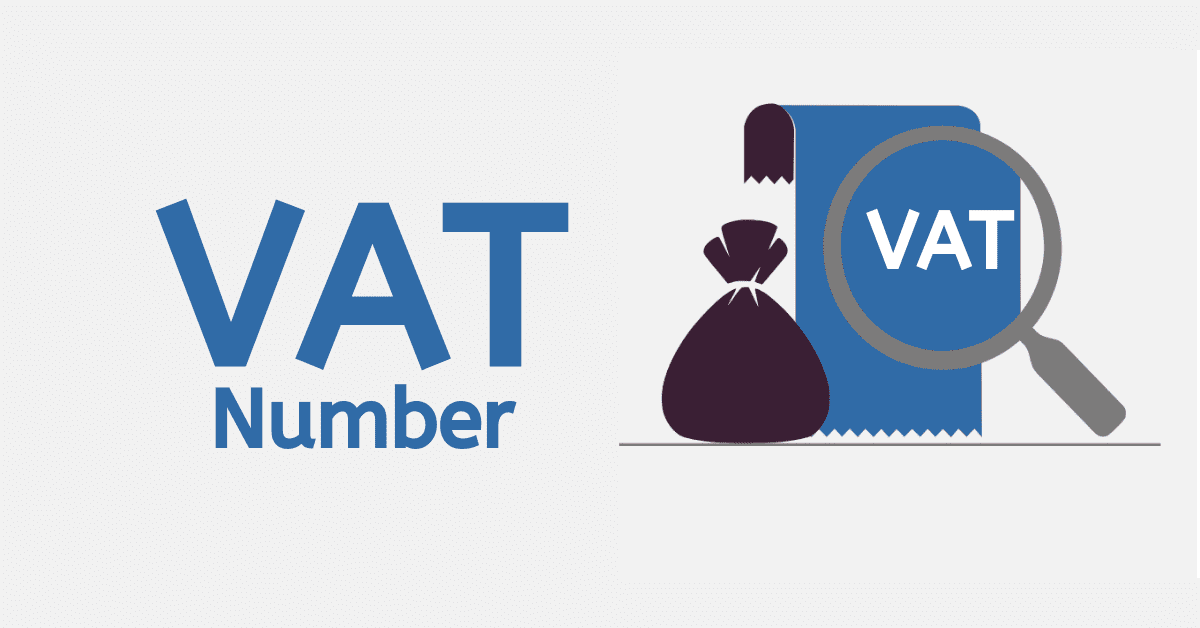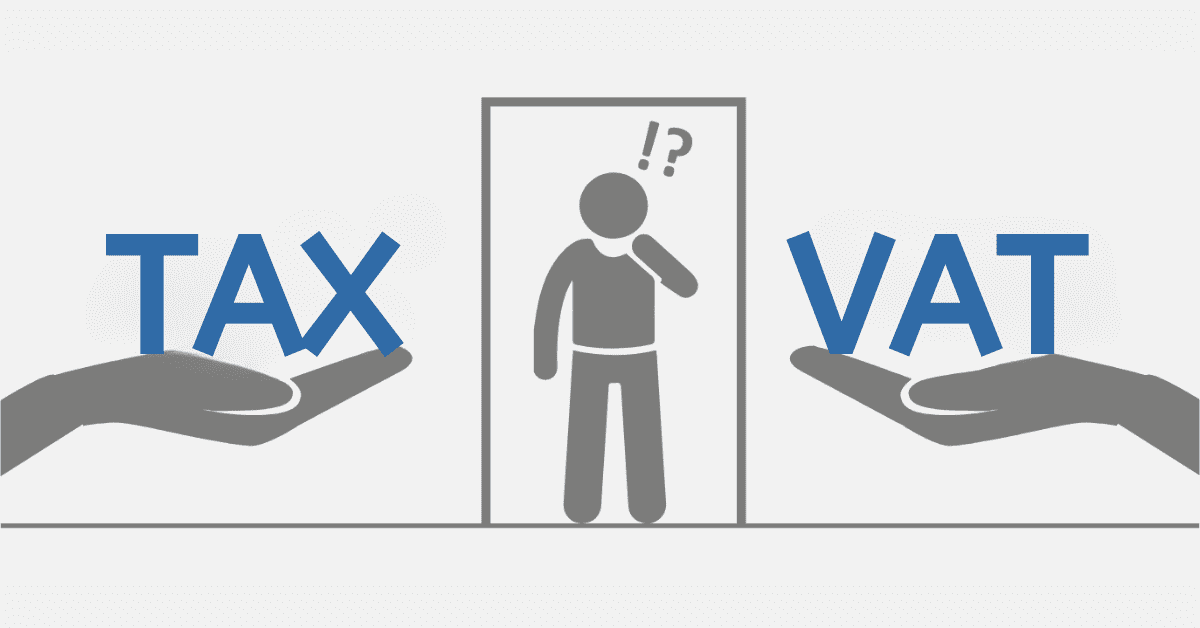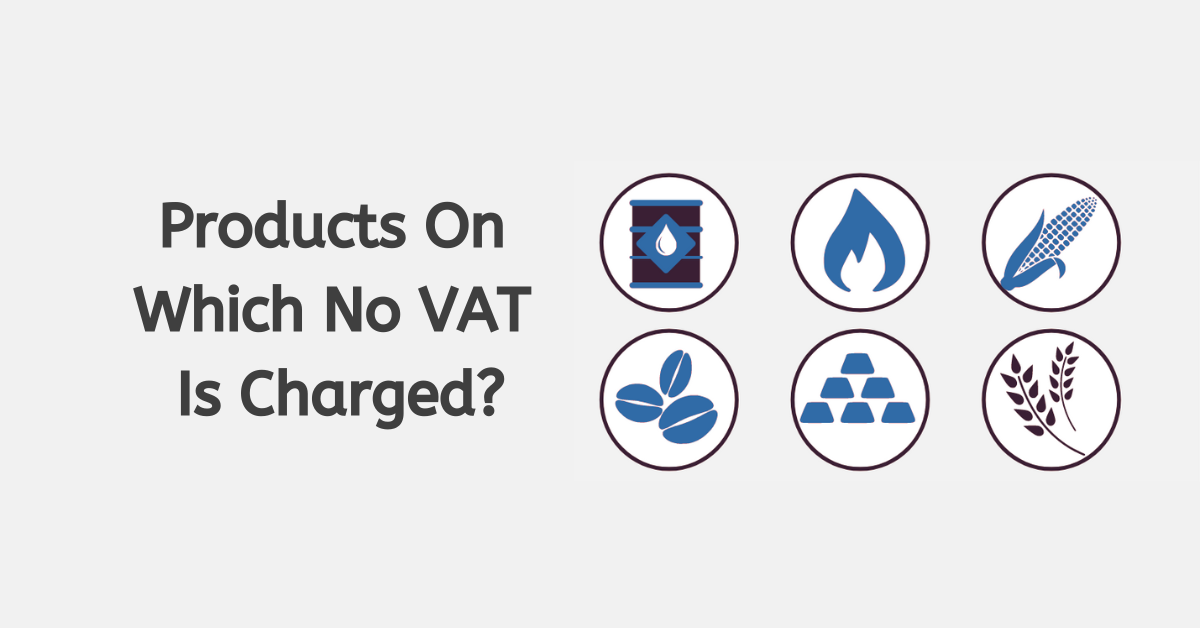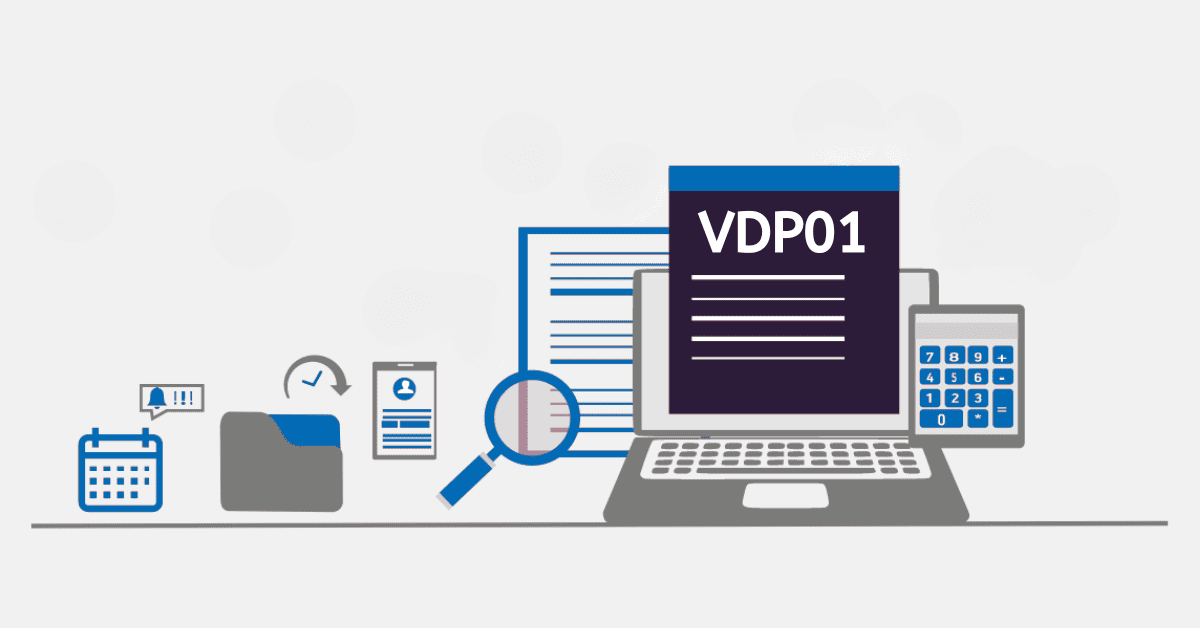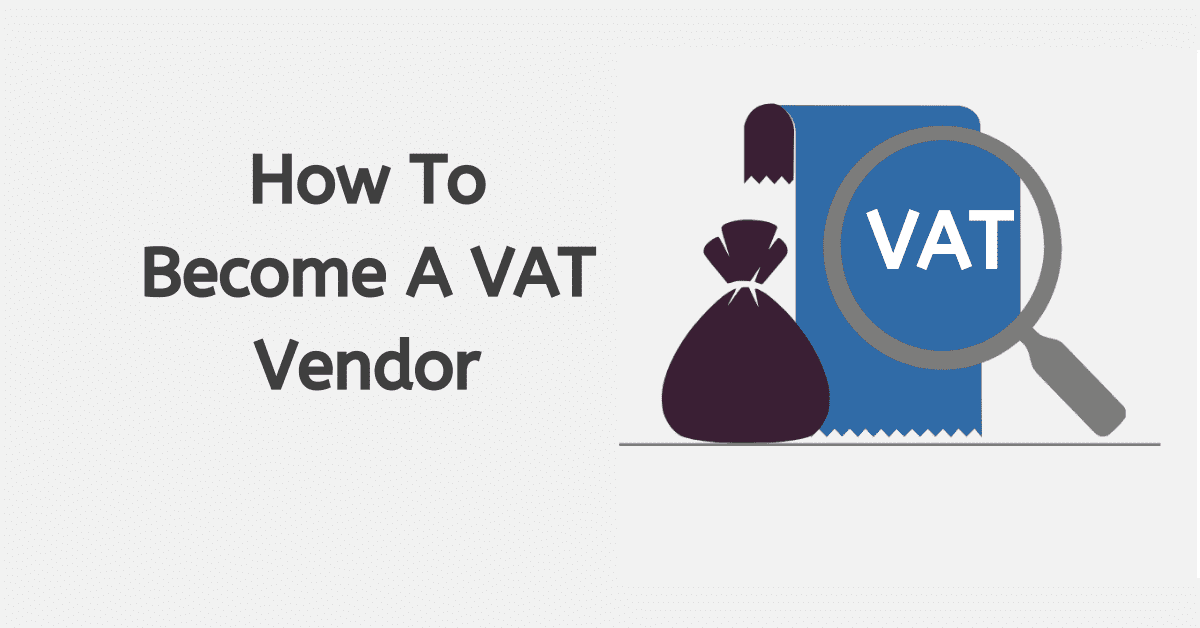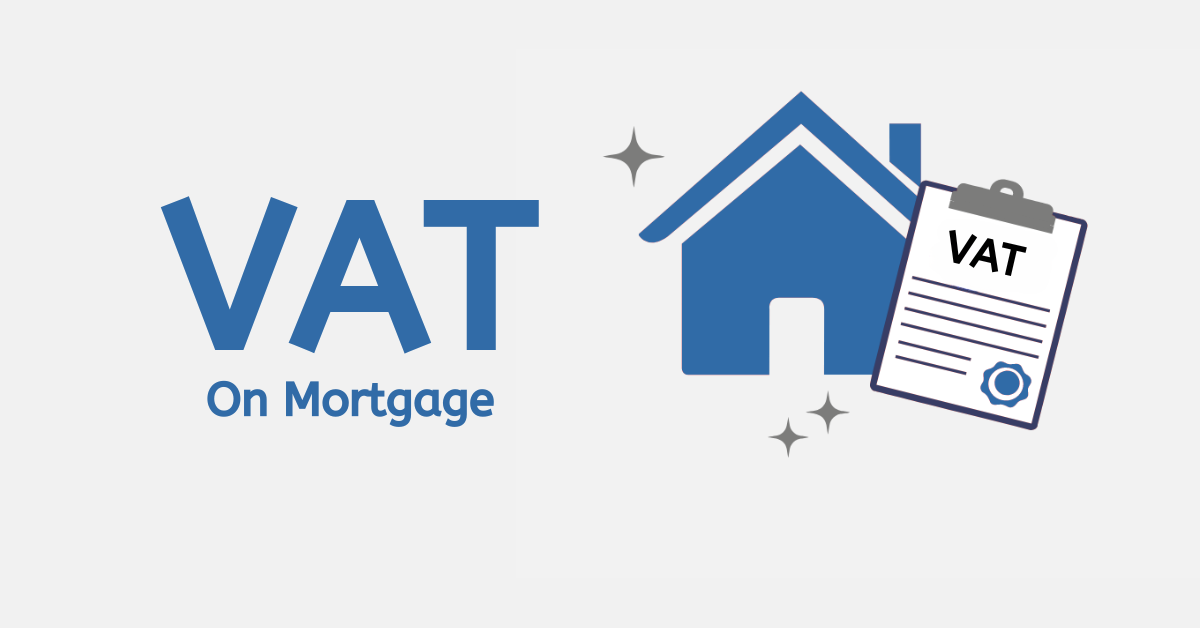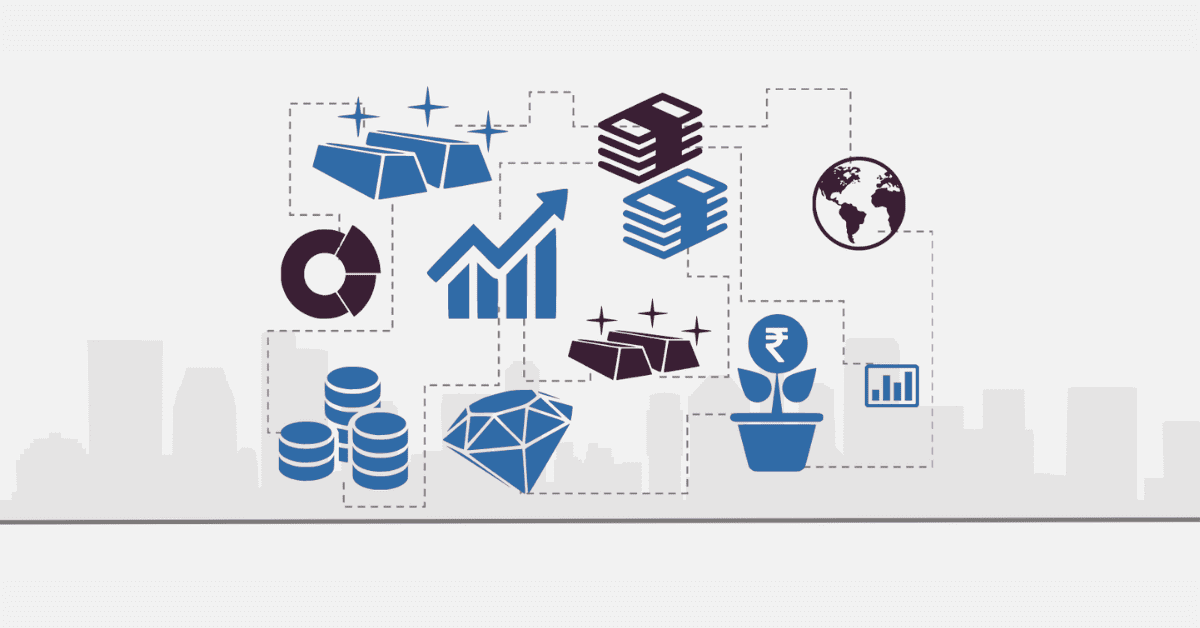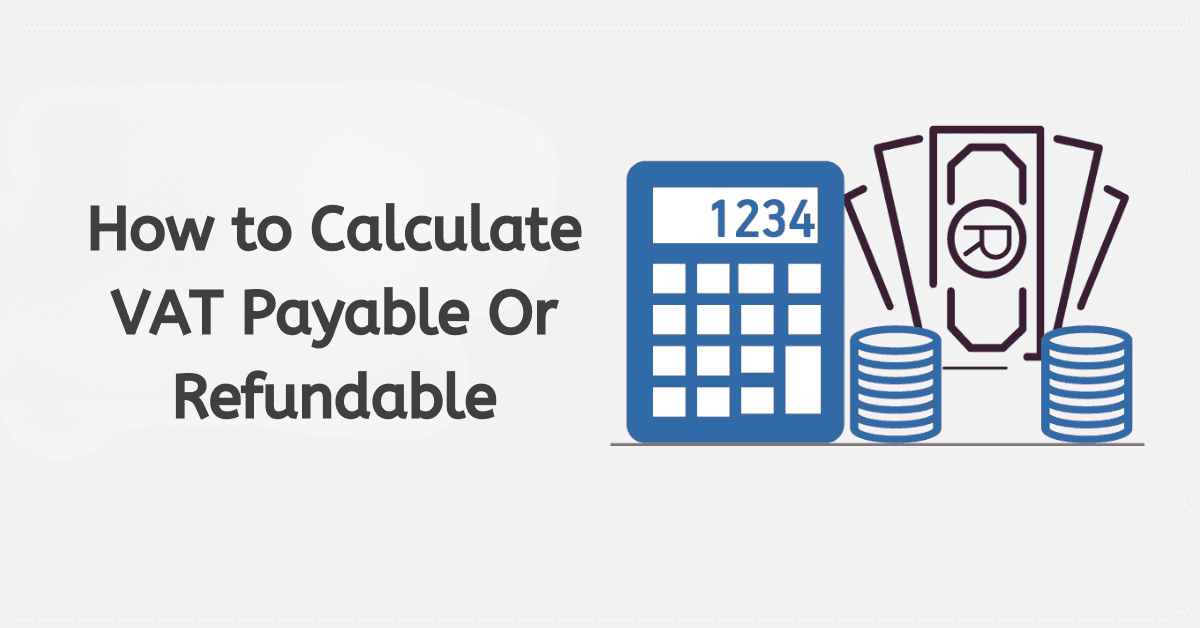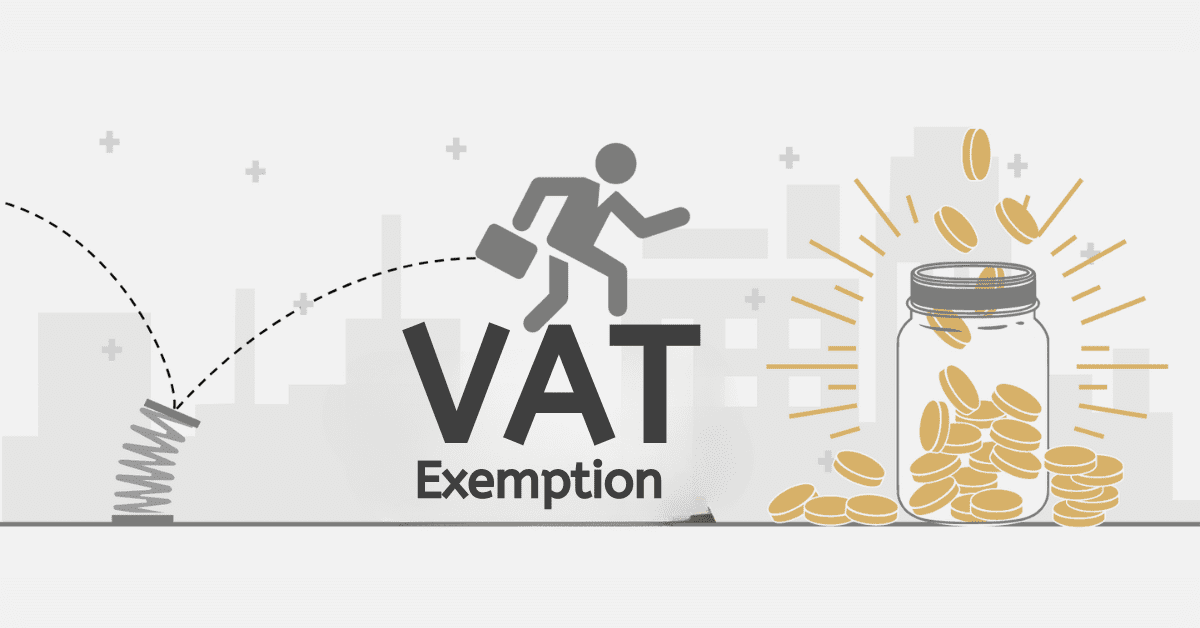If you have registered as a VAT vendor in South Africa, regardless of whether you were a compulsory or voluntary registration, part of your new tax duties includes submitting regular VAT 201 returns to account for the VAT paid and charged in your business.
When you first register for VAT, SARS will indicate what payment group you now belong to. For almost all businesses, this means you will either be in either Group A or Group B, both of which are required to submit a VAT 201 return every two months. One group files in odd months, and the other in even, to reduce the SARS processing burden fairly However, they have added some other groups to the VAT table, with either 6 monthly or annual returns, to help reduce the administrative burden on certain types of low-volume or smaller businesses. This will be communicated to you after your initial registration, so pay careful attention to the group you are assigned to. This will determine when, and how often, you file VAT returns.
When Can You File A VAT Return?
You can file your VAT return any time through the month following the end of the VAT period. For example, if you are filing the VAT return for February and March of a specific year, you can file the return any time between the 1st and 30th of April that year. However, the return must be filed before the last business day of that month- so if April ends on a Sunday, you must file the return by that Friday.
What Day Of The Month Is VAT Due?
If there is a VAT payment due, you must pay your VAT by the same deadline- i.e. the final business day of the month after the VAT period which is being reported. You can pay your VAT as soon as a payment reference number (PRN) is generated on the system, which happens automatically when the return is filed. Most companies make payment on the same day they file their return, to avoid a payment being missed or forgotten, but as long as both the return and the payment are received in the correct period, there will be no admin issues on the SARS side.
Who Needs To Complete A VAT Return?
You need to complete a VAT return if you are a registered VAT vendor with SARS. It is mandatory to register as such if your taxable turnover has reached R1,000,000 in any consecutive 12-month period. You can also voluntarily register for VAT after you reach a taxable turnover of R50,000 in the same period.
Typically, the accounting officer or registered representative with SARS is responsible for compiling and filing VAT returns. It must be someone with access to, and a clear understanding of, the VAT you have charged and paid throughout the return period.
What Happens If You File VAT Late?
There is currently no admin penalty from SARS for the late filing of a VAT return. So if you are due a VAT refund, you should pay no additional charges, but will delay receiving your refund until the return is filed. However, if there is a payment to SARS associated with the return, you will receive a 10% penalty on the amount due, and the balance will continue to accrue fees and interest until it is settled with SARS. Try to keep your VAT payments timely for this reason- otherwise, you are simply wasting more money than is necessary!
How Long Does A First VAT Return Take?
The registration process for VAT can take up to 21 business days. However, many entities (provided SARS deems them ‘low-risk’) will receive their new VAT registration number almost instantaneously, and it is typically a speedy process.
Once you have your VAT registration number and understand the filing period and frequency you have been assigned, you will begin to file VAT returns. This is the VAT 201 form from SARS. Your first VAT return should not take any longer to compile and file than any subsequent VAT return. Provided your accounting system is up-to-date and you have easy access to both your cumulative VAT input and VAT output amounts, it is simply a case of adding that period’s figures to the pre-populated form on eFiling, checking it for accuracy, and filing it on the system. However, you may want to pay careful attention to the first VAT returns you file, to make sure you understand the process and are confident you have calculated everything accurately.
You will be informed of the amount you need to pay SARS if your output VAT is higher than your input VAT. If it is the other way around, you will be due a VAT refund from SARS. Sometimes the initial VAT refund payout will be slightly delayed, as they may re-verify the bank account they have on their system for you. However, the 21-day window again applies for processing refunds.
Knowing when to submit your VAT return is a key part of the added duties of being a VAT vendor with SARS, but it is a relatively simple process and easy to streamline.
